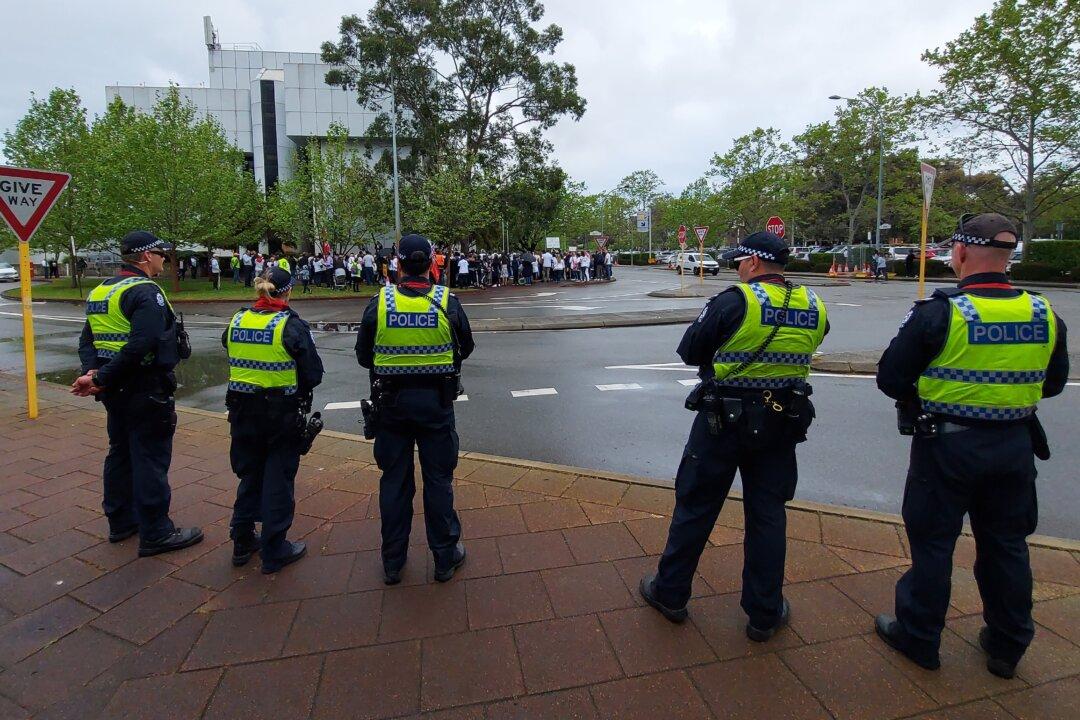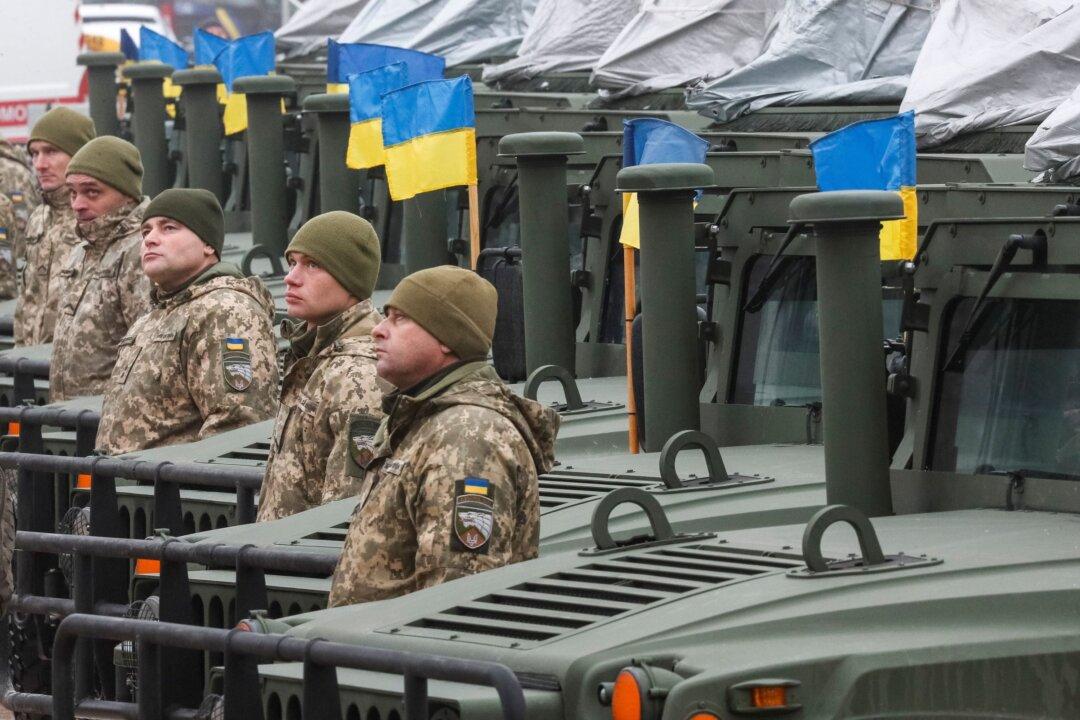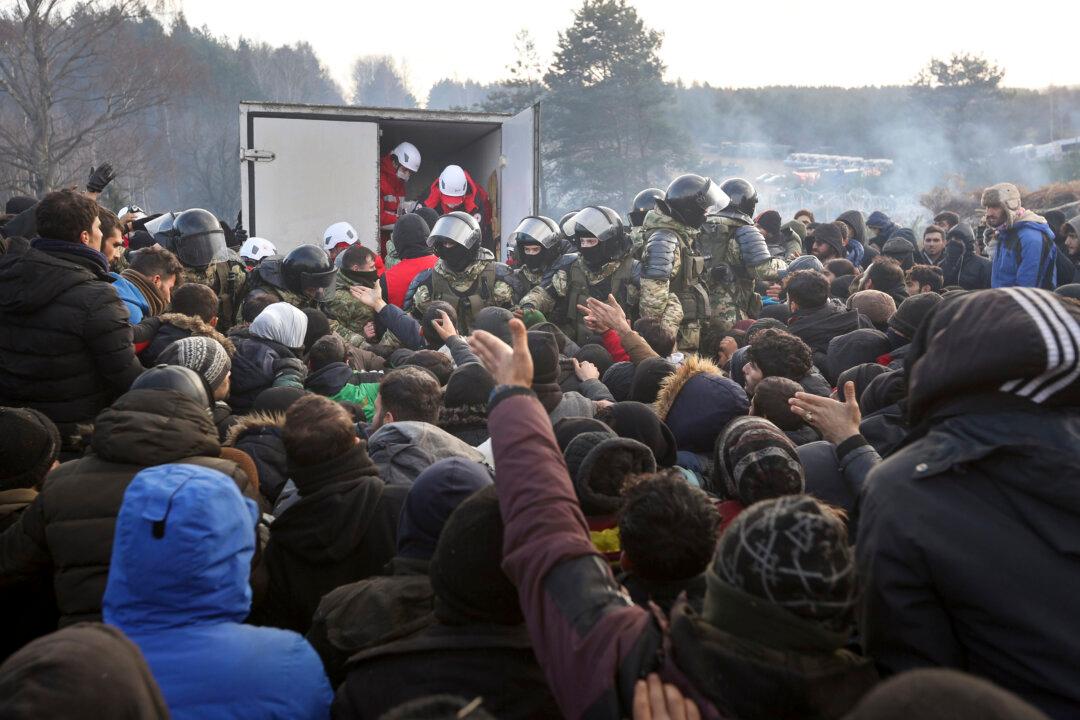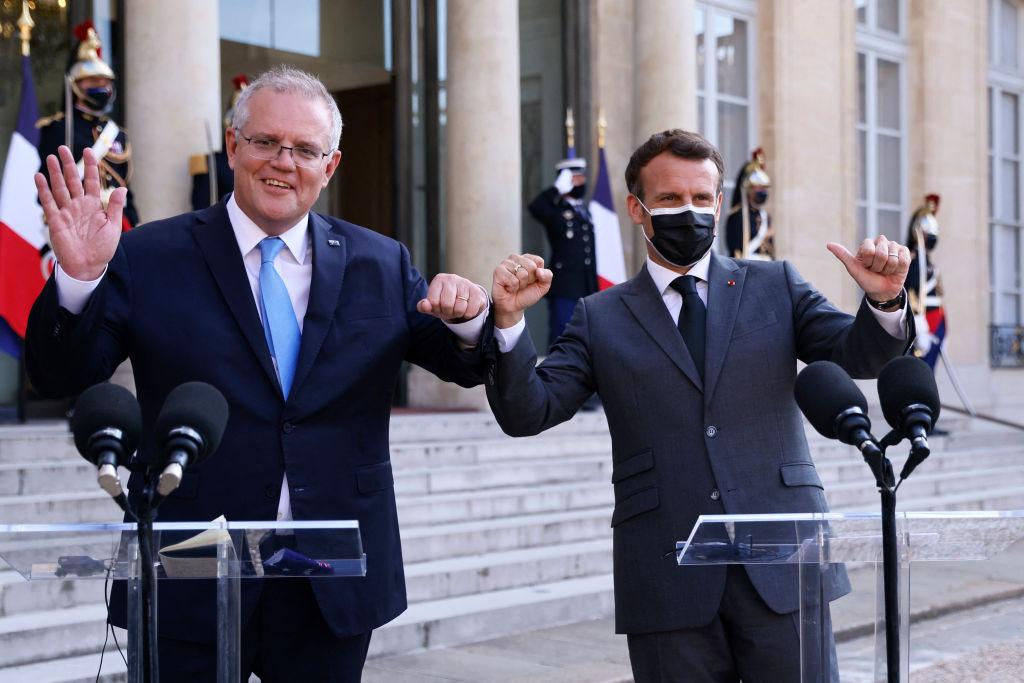An Australian health worker has said fear is the motivating driver behind the Australian state governments COVID-19 lockdowns and vaccine mandates.
Australia’s COVID lockdowns are among the harshest in the world, with Melburnians enduring 282 days of restrictions, including one period comprising 234 consecutive days of oppressive city-wide lockdown. Other cities have fared little better, with Sydney coming out of a 107-day lockdown last month, and the hard border in Western Australia has kept the entire state in an effective quarantine.





